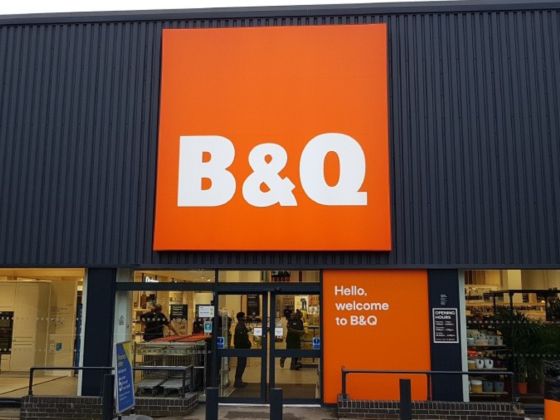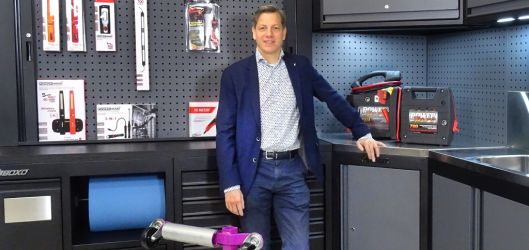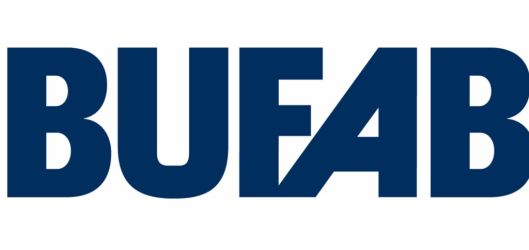
Kingfisher plc believes the DIY boom of 2020 is a long-term trend set to benefit the industry.
The group – owner of B&Q, Screwfix, Castorama, Brico Dépôt and others – saw sales up 6.8% in constant currency in FY2020/2021, driven by strong Q2 trading and reduced disruption. Like-for-like sales were up 7.1% with growth in the UK, Ireland, France, Poland, Romania and Portugal. Q4 sales were up 15.5%.
While the pandemic famously boosted the DIY market while populations were forced to spend far more time in their homes during lockdowns – in some cases leaving fastener and tool suppliers to the market scrabbling for stock for items like wood screws – some pundits had questioned whether the home improvement trend would falter following the end of lockdown restrictions.
Kingfisher believes the prospects are strong for the home improvement sector, however. CEO Thierry Garnier said: “The COVID crisis has established new longer-term trends that are clearly supportive for our industry - including more working from home, the renewed importance of the home as a 'hub', and the development of a new generation of DIY'ers - and we expect these to endure. With our strategic progress, we are well positioned to capitalise on these new and positive market trends."
"The emergence of a younger generation of DIYers"
Kingfisher’s 20/21 financial year statement elaborated on the point: “During the COVID crisis we've seen the emergence of a younger generation of 'DIYers', where interest, new skills and enthusiasm for DIY has grown considerably. While this accelerated trend is still emerging, it is encouraging and enables us to capture a broader range of customer segments. More generally, the more home improvement projects people undertake, the more DIY skills they learn - building confidence and ultimately increasing their interest and appetite for the activity, which is seen as a 'hobby' by some.”
The group noted the growth of Do-it-For-Me ('DIFM') prior to the Covid-19 related lockdowns, linked to new generations of customers having fewer DIY skills and other spending priorities. Availability of tradespeople and increased costs has impacted the DIFM trend: “More recently, the COVID crisis has favoured the DIY trend, which is seen as allowing better 'social distancing', cheaper, a hobby, and an activity that contributes to wellbeing. We expect the DIFM shift to remain gradual.”
E-commerce boom
Lockdown also famously accelerated the online retail trend and Kingfisher saw a staggering 10 million (circa) new online customers in 2020/2021. E-commerce sales were up 158% and now make up 18% of group sales (up from just 8%, like-for-like). Click and collect sales were up 226%, making up 78% of group e-commerce from an already high proportion of 62% in FY19/20.
Other trends included a move towards smaller local stores as shoppers opt for convenience across a number of territories.
While stock availability was an issue for certain product categories during 2020, similar issues continue into 2021 as the fastener, tool and related industries contend with drastically increased freight costs, higher raw material prices and other availability-affecting issues.
Are you in the fastener, tool, fixing or related industries? You can subscribe to Torque Magazine or sign up to our weekly newsletter.



